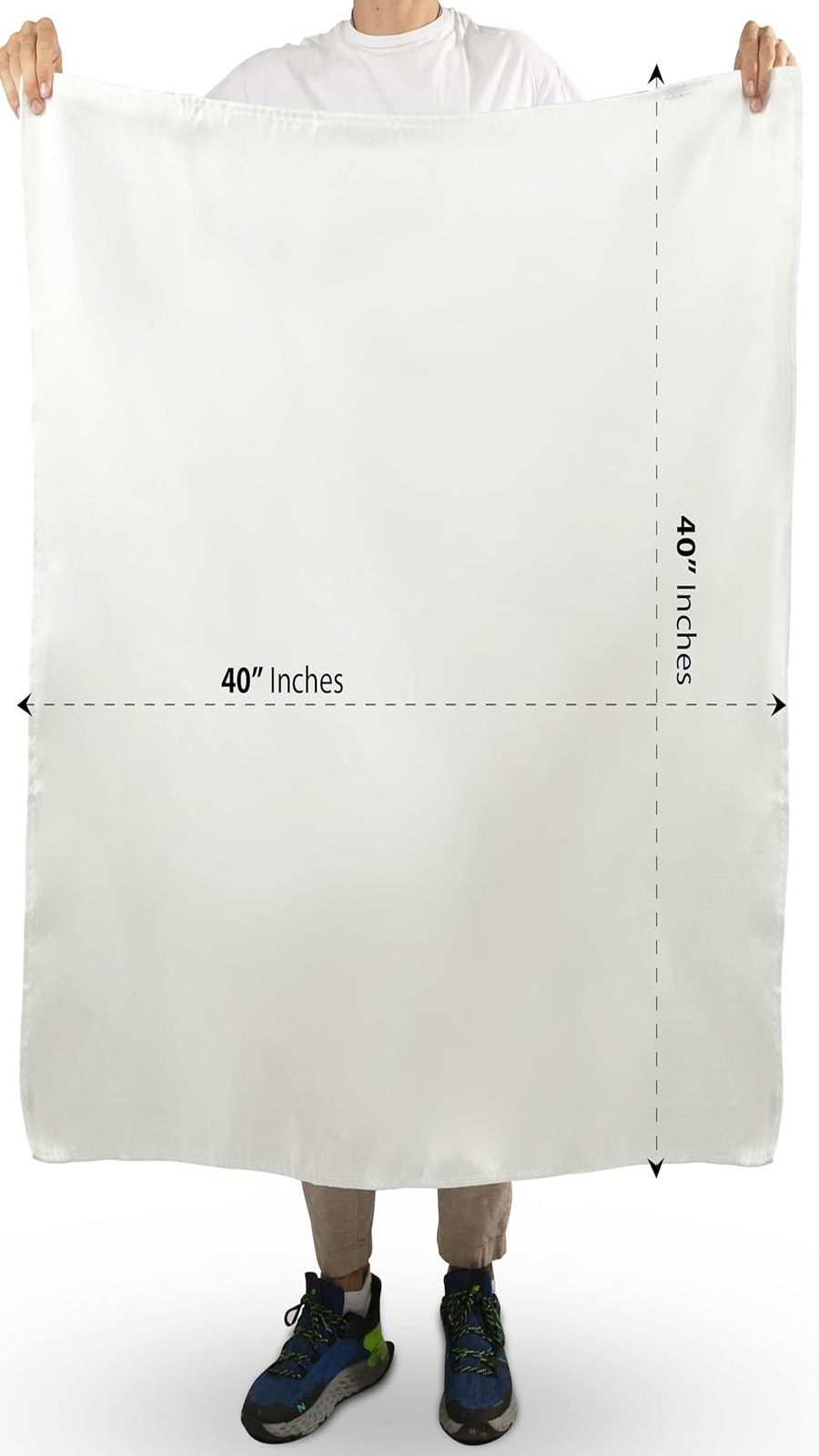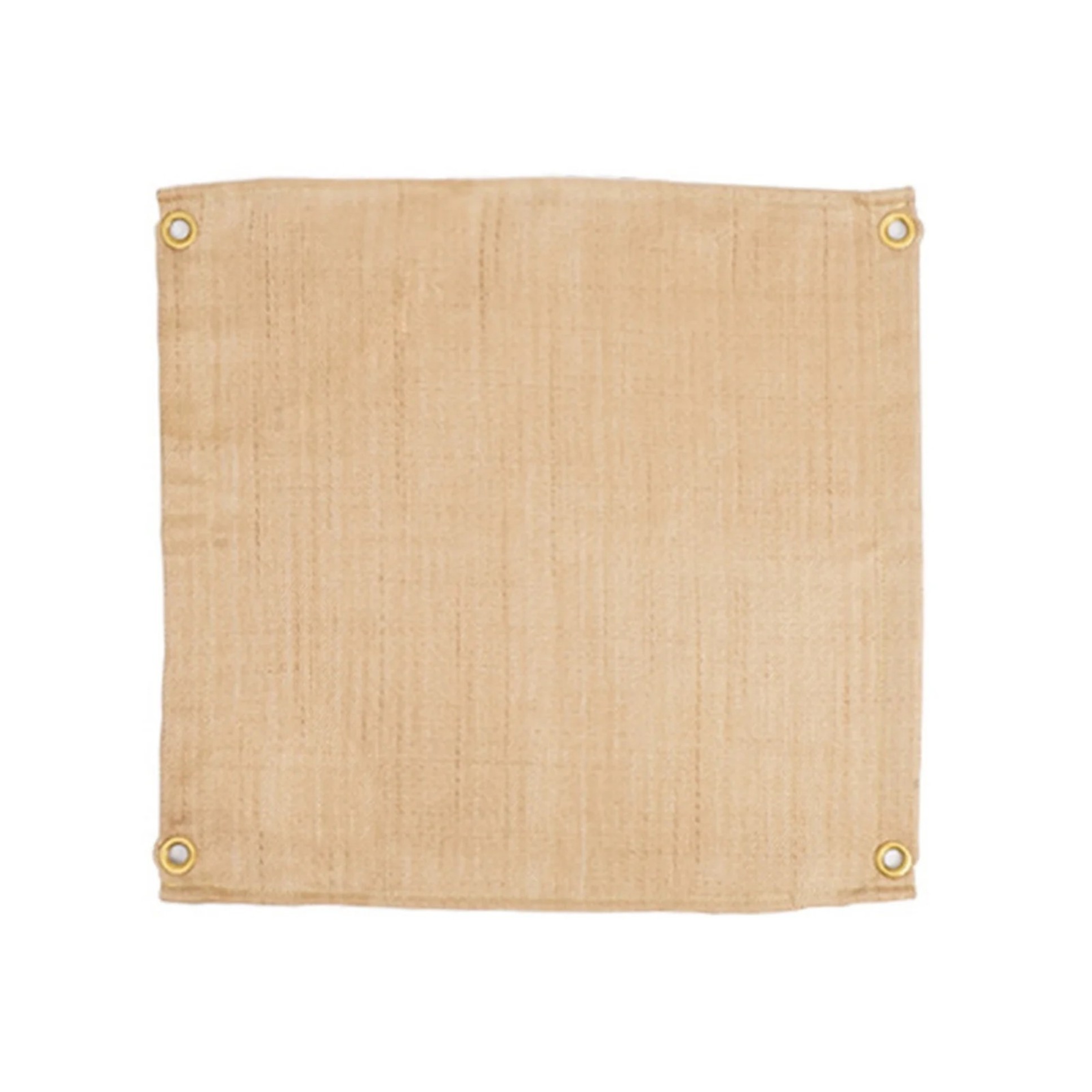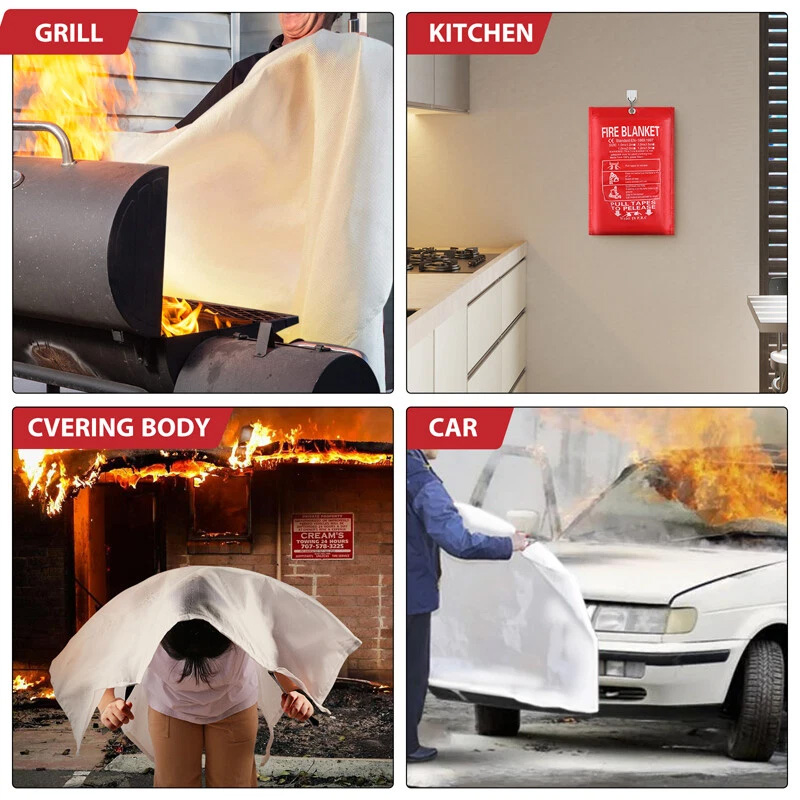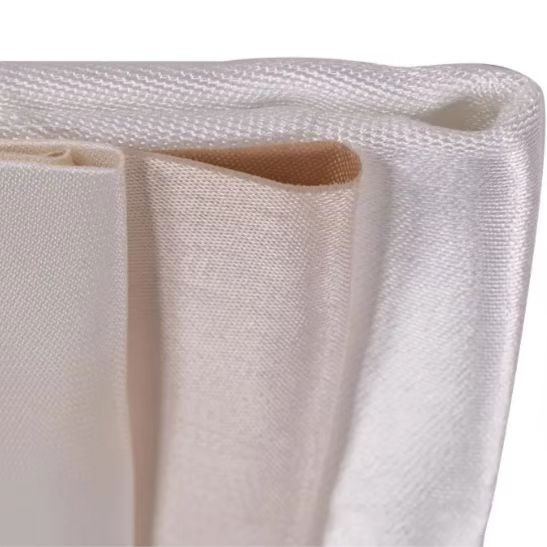Fire Blanket Party Wall: Safety Solutions for Shared Spaces
This article explains how fire blanket party walls enhance fire safety in shared buildings. You'll learn about their construction, legal requirements, installation process, and maintenance. Discover why they're essential for protecting adjacent properties from fire spread.
Understanding Fire Blanket Party Walls
When you share a wall with another property (called a party wall), fire safety becomes critical. A fire blanket party wall is a specialized fire-resistant barrier that prevents flames from spreading between buildings. Unlike standard walls, these incorporate fire-resistant materials and often include fire blankets - specially designed sheets that smother flames.
Fire blankets in party walls serve two main purposes:
- They create a physical barrier that resists fire penetration
- They prevent heat transfer that could ignite materials on the other side
Legal Requirements for Fire Blanket Party Walls
Building codes typically require fire-resistant party walls in multi-unit dwellings. The exact specifications vary by location, but most regulations demand:
- Minimum 1-hour fire resistance rating (often 2 hours for taller buildings)
- Continuous protection from foundation to roof
- No unprotected openings that could compromise fire containment
Fire blanket party walls often exceed these minimum requirements, providing enhanced protection that can reduce insurance premiums and increase property value.
Construction of Fire Blanket Party Walls
A properly constructed fire blanket party wall consists of multiple layers:
- Structural layer:Typically concrete block or fire-rated drywall
- Fire blanket layer:Specialized non-combustible material (often fiberglass or ceramic-based)
- Insulation layer:Fire-resistant insulation that also provides soundproofing
- Finishing layer:Fire-rated drywall or other approved surface material
The fire blanket is installed between the structural and finishing layers, creating a flexible barrier that expands when heated to seal gaps. This "intumescent" action helps contain fires more effectively than rigid materials alone.
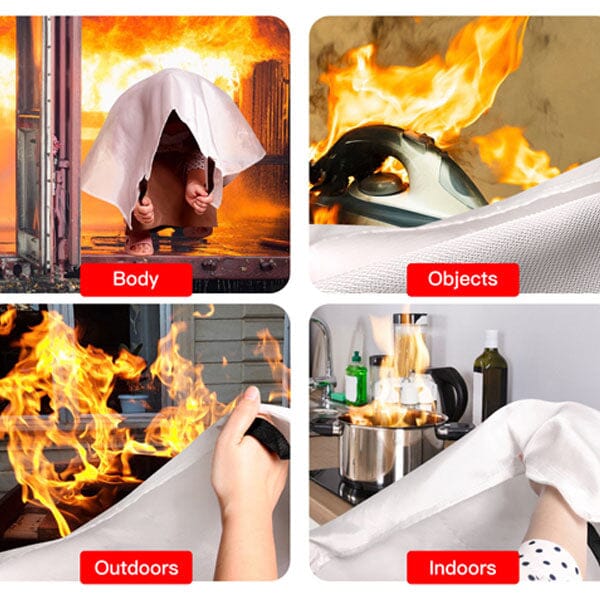
Installation Process
Installing a fire blanket party wall requires careful planning:
- Assessment:A professional evaluates your existing wall and determines necessary upgrades
- Preparation:The wall cavity is cleared of any combustible materials
- Blanket installation:Fire blankets are fitted continuously without gaps
- Sealing:All edges and penetrations are sealed with fire-resistant compounds
- Inspection:The completed wall is inspected and certified
Maintenance and Inspection
To keep your fire blanket party wall effective:
- Inspect annually for damage or deterioration
- Never drill or modify the wall without professional guidance
- Report any signs of moisture or pest damage immediately
- Keep records of all inspections and maintenance
Remember: Even small compromises to your fire blanket party wall can significantly reduce its effectiveness. Always consult a fire safety professional before making any changes.
Benefits Beyond Fire Protection
While fire safety is the primary purpose, fire blanket party walls offer additional advantages:
- Soundproofing:The dense materials reduce noise transmission between units
- Thermal insulation:Helps maintain comfortable temperatures and reduce energy costs
- Property value:Certified fire protection can increase resale value
- Legal compliance:Meets insurance requirements and building codes
When to Consider Upgrading
You should evaluate your fire blanket party wall if:
- Your building is more than 20 years old
- You're planning renovations that affect shared walls
- Neighboring properties have experienced fires
- Local fire codes have been updated
- You notice cracks, gaps, or other damage
Investing in a proper fire blanket party wall protects not just your property, but your neighbors' as well. It's a responsible choice that could save lives and prevent catastrophic losses.


